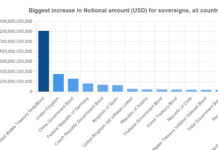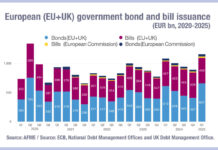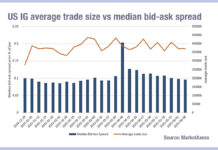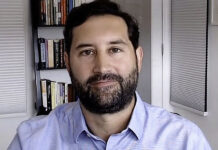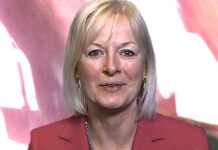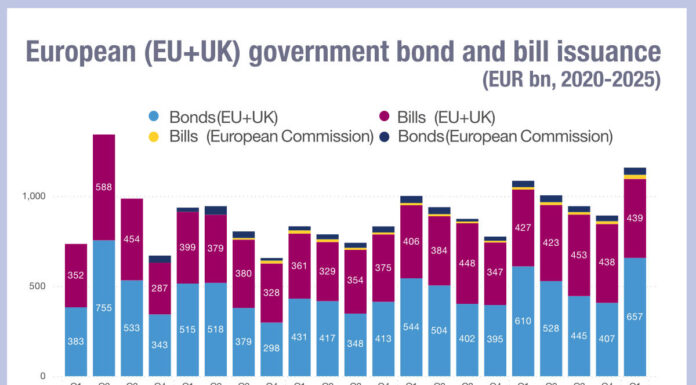Scaling up the ability of the trading desk to process orders – either by size of the orders, or the number of tickets the desk can process – is necessary to manage costs.
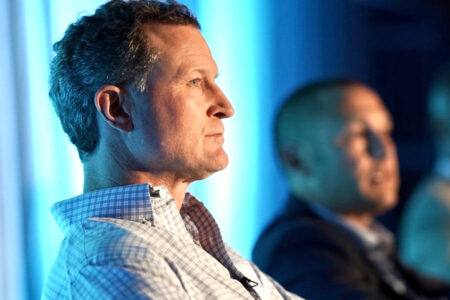
Speaking at the FILS event in Nashville last week, Spencer Lee, founding partner & Head of Trading, Agilon Capital, noted that to date, the growth of more efficient electronic fixed income trading had primarily been on the back of the request for quote (RFQ) protocol.
“It’s going to go further with the newer protocols, whether it’s different platforms, or offering something the market hasn’t seen before, or that hasn’t yet caught fire,” he said. “One that I think will increase the amount of electronic trading is direct interconnectivity. That is something our firm has embraced since its founding. It really does provide for direct non-comp executions with your liquidity providers, and they value that.”
Where an investment manager can access new ways of trading, that can significantly lower the costs of expressing ideas in the market.
“Electronic used to always mean in-competition [trading], and now electronic also means non-comp, direct and also business on dealer axes that fit our needs,” he said. “Oddly, you might say that sounds a lot like voice trading, and that’s true. We’re essentially electronic, buying voice interaction. However, voice is a protocol which has typically been one of the most expensive protocols. RFQ is always more competitive with very sharp pricing and ranked very well in the stack. Along came COVID and then all-to-all trading topped normal standard RFQ costs, with subset of all-the-all trade via providing liquidity in all-to-all situations.”
Better trading can also deliver greater opportunities for investors themselves, as the asset manager can provide more effective products to the end investor, noted Mike Nappi, executive director for portfolio management and trading at Parametric.
He said, “Being focused on investment grade (IG) bonds, I worry less about the ticket size and more about the tickets, because it’s the number of tickets that equates to headcount. The tickets themselves can each take the same amount of time [to process], depending on the size of the orders. For us, the driver for efficiency is that we have seen 100% ticket count growth, year-over-year, for the last 10 years. Two traders in IG would probably process somewhere in the neighbourhood of 160,000 tickets last year. The more you’re able to trade, the more you do trade. Trading tends to beget trading, and in our case begets actual products we are able to offer clients.”
That can create challenges for the presentation of data, however. Absent a centralised marketplace, over-the-counter (OTC) markets require the users to aggregate data themselves to support liquidity and price formation.
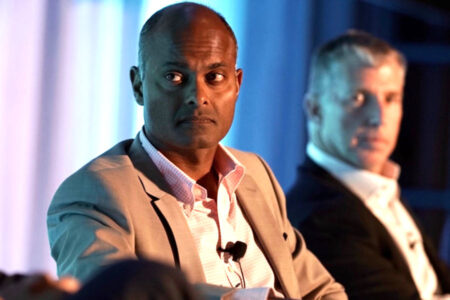
Vidya Guruju, senior product manager at OMS provider, Charles River Development, said, “Initiatives for automation or electronic execution all depend on the client’s ecosystem and the quality of market data that can be brought into the system so traders can efficiently make decisions. Sometimes that will be for automation, sometimes for classifying order flow to be directed to particular venues or direct to dealer, etc. Pretty much all initiatives are heavily reliant on that ecosystem and on partners.
This has driven technology and service suppliers to provide more efficient ways of collaborating and connecting.
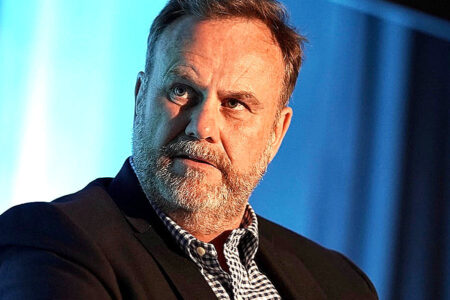
“Neptune has succeeded on the buy side because we created the standard integration for access, we are integrated with OMS systems like Charles River, Aladdin, ThinkFolio, and the EMS providers as well,” said Byron Cooper-Fogarty, COO, Neptune Networks. “That will get you so far, it also puts a huge burden on the OMS or EMS, because every trading platform has their own proprietary methodology and standardisation of integration will allow them to get that one stop shop.”
AJ Cass, managing principal at LTX said, “The last thing last thing a trader wants to do is look at another piece of real estate on the desktop. At LTX, which is a Broadridge company, we are working in partnership with the OMSs to provide content, pre-trade analytics and as Broadridge provides 70% of the back office processing for the dealer side, the amount of data we’re sitting on is spectacular. We can spit that back out to the buy side with the dealers’ permission via our liquidity scores, which are embedded in the OMSs.”
This was important for firms of all sizes, noted Cooper-Fogarty, as the scale of a business did not always correlate with available technology resources.
“You can have both very sophisticated large asset managers and less sophisticated large asset managers; it doesn’t necessarily follow on from having a large assets under management (AUM),” he said. “Your commercial model might mean that you’re making such low margins that you can’t afford to go out there and hire a data scientist. I think sometimes people expect a trillion dollar fund must invest in amazing systems.”
©Markets Media Europe 2025

